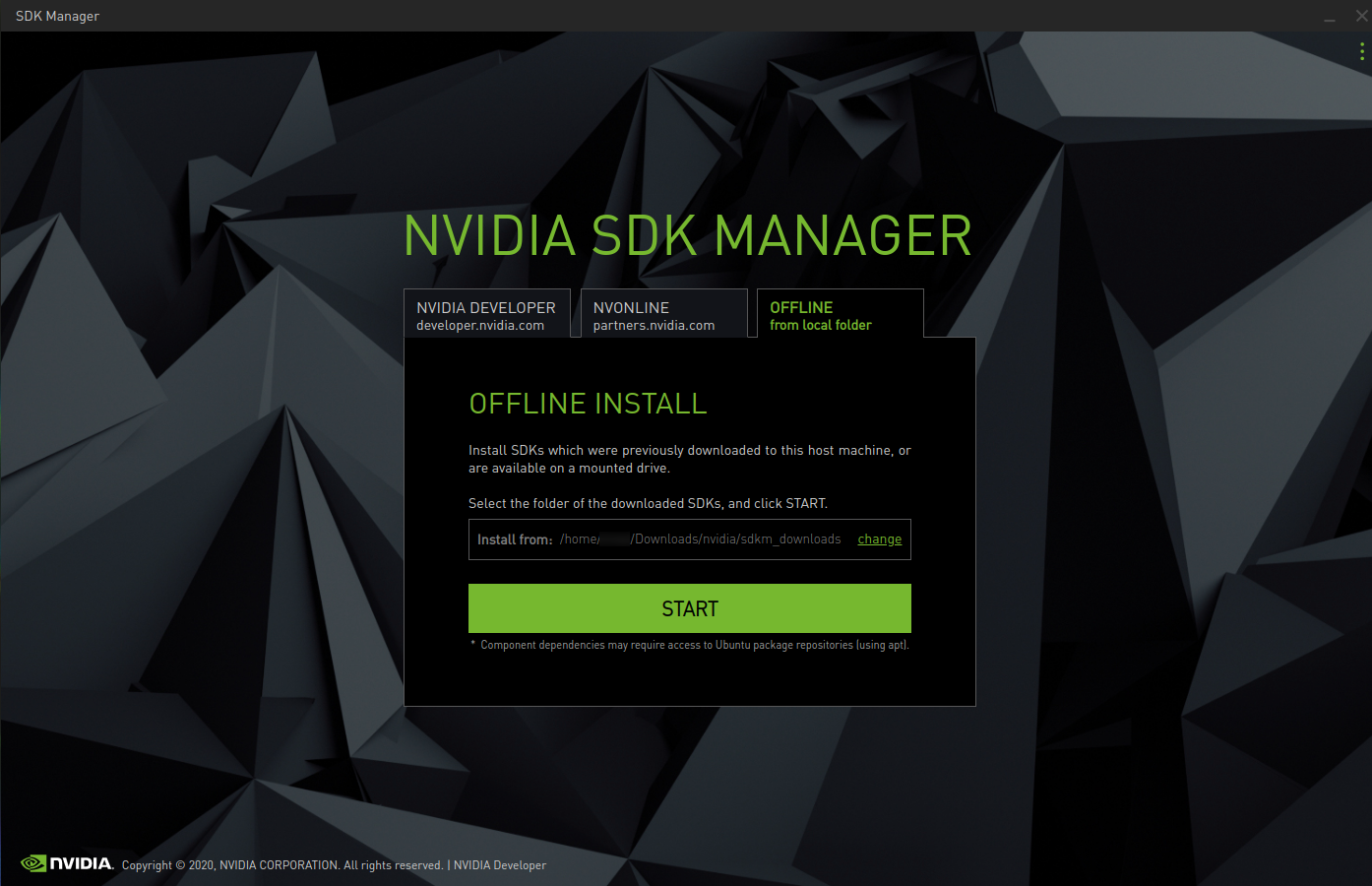Table of Contents
- Introduction
- What is cuDF?
- What is libcudf?
- Motivation
- Conclusion (First)
- What I Tried
- Suspected Causes of Failure
- Conclusion
Introduction
This article is not a tutorial but a “sharing of failures.” I was trying to build a library called libcudf, but ran into several issues when things I expected to work didn’t. Through a variety of experiments, I eventually succeeded.
Often, only the final successful process gets shared, while the trial-and-error and failures get discarded. Since I went through many failures this time, I want to document them before I forget.
What is cuDF?
To explain libcudf, we first need to understand cuDF. cuDF is one of the packages developed by the RAPIDS project. The RAPIDS project primarily uses NVIDIA CUDA and Apache Arrow to accelerate various Python libraries.
For example, the Pandas library, widely used in Python for statistical analysis, has a counterpart in the RAPIDS project with the same function names. According to this report, it achieves up to 150x speedup with no code changes.
Although we won’t go into detail about Apache Arrow here, it greatly simplifies data exchange across different execution environments.
The RAPIDS project is structured in two layers: Python and C++. The backend is written in C++ and CUDA C++, and is provided in compiled form. The Python wrapper allows the C++ library to be used with the same interface as well-known Python packages.
In this Python package, the component that provides DataFrame functionality is cuDF. The RAPIDS GitHub repository is a treasure trove of CUDA implementations for fundamental operations and is highly educational.
What is libcudf?
libcudf is the backend library of cuDF within the RAPIDS project. It can be cloned from GitHub and built manually, or it can be installed as a bundled part of cuDF.
The RAPIDS project provides a well-designed installation method. Using the sdkmanager, you can set up the entire environment.

Motivation
You might ask, “Why build libcudf from source?” Actually, I have a project that needs to utilize libcudf in C++ for high-speed processing. If you’re using Python already, simply installing cuDF is fine.
However, if your environment is C++-based or you want to utilize CUDA performance in non-Python environments, converting to binary and referencing it from C++ is often more practical.
Also, relying only on the C++ side helps avoid version compatibility issues. Each of NVIDIA Driver, CUDA Toolkit, Python, C++ build tools, and OS have compatible versions and all must match. In my experience, managing CUDA versions for Python and its packages is especially troublesome (local setups for image-generation AIs can feel like a labyrinth).
From a performance perspective, skipping Python and directly connecting to the C++ library reduces overhead. Naturally, this increases development difficulty.
Here’s why I want to use libcudf directly:
- The project is based on C++
- The target users are not engineers, so I want to avoid compatibility issues with Python and CUDA Toolkit
- To maximize speed, I want to avoid Python overhead and develop directly in C++
Conclusion (First)
With the following setup, the build succeeded in about 20 minutes:
- CPU: Intel Core-i7 14700F
- GPU: NVIDIA RTX 4080
- OS: Windows 11
- Ubuntu 22.04 on WSL2
- CUDA: 12.6
- cmake: 3.29.6
- gcc: 11.4
Basically, follow the instructions on cuDF GitHub.
What I Tried
In all the following experiments, the build FAILED to proceed:
| Environment | CPU | GPU | OS | CUDA | -jN | Result |
|---|---|---|---|---|---|---|
| Local PC | Ryzen 3700X | NVIDIA RTX 3060 | WSL2 Ubuntu 24.04 | 12.0 | Full | stopped at cicc command for building type_dispatcher.cu.o |
| Local PC | Intel i7-8700 | NVIDIA RTX 4070Ti | WSL2 Ubuntu 24.04 | 12.0 | Full | stopped at cicc command for building type_dispatcher.cu.o |
| Local PC | Intel i7-14700F | NVIDIA RTX 4080 | WSL2 Ubuntu 24.04 | 12.0 | 1 | stopped at cicc command for max.cu.o |
| Local PC | Intel i7-14700F | NVIDIA RTX 4080 | WSL2 Ubuntu 24.04 | 12.0 | Full | stopped at cicc command for building type_dispatcher.cu.o |
| AWS g5.2xlarge | 4C8T | A10G | Ubuntu 24.04 | 12.0 | Full | stopped at cicc command for sum.cu.o |
CUDA 12.0: Used nvidia-cuda-toolkit in Ubuntu repository for CUDA Toolkit.
Suspected Causes of Failure
The main differences appear to be the Ubuntu version and the CUDA version. Since the major version of CUDA (12) is the same, I suspect instability within that version range.
In the future, I plan to test by changing everything except the CUDA version to confirm if the problem lies elsewhere. I’ll post a follow-up article if further investigation reveals anything new.
Conclusion
- libcudf successfully builds on Windows 11 with WSL2
- However, certain combinations of CUDA and Ubuntu versions can cause the build to hang indefinitely. If the build seems stuck for hours, suspect a compatibility issue.
Thanks for reading!
👉 GitHub Repo (cuda-examples)